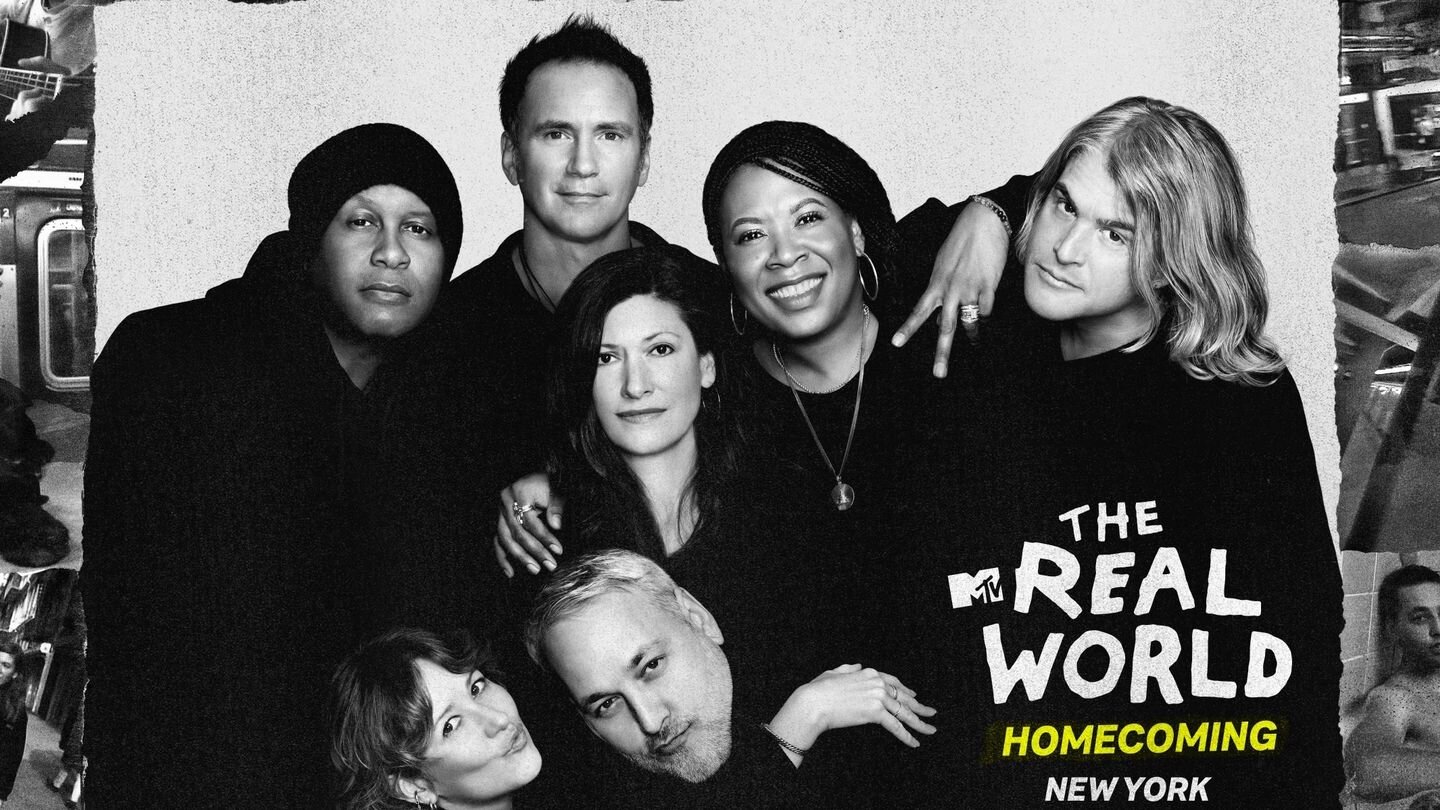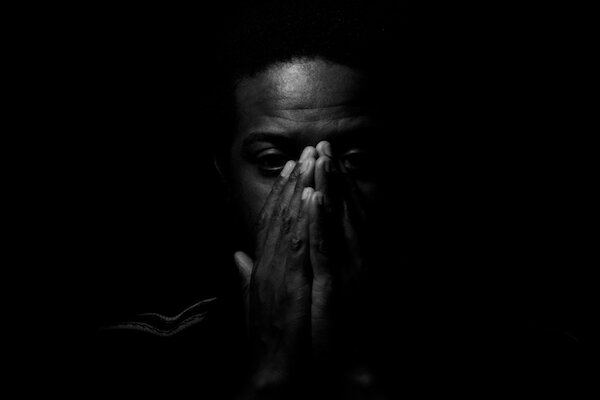Our Spilt Milk: The Real World Gets Real, Deerhoof's "Milk Man" Captivates

Our favorite things this week include “The Real World: Homecoming” and Deerhoof’s 2004 album.
The first seasons of the early reality shows were fascinating because no one knew what to do yet. The guests during the first season of Big Brother liked everybody at one point and had to be manipulated by the producers to nominate someone for eviction. People were outraged during the first season of Survivor when Richard didn’t try to play fair or be friends. Future contestants would take on the attitudes or postures exhibited by previous contestants after that, and producers seemingly would cast for types that would guarantee drama, though sadly along familiar lines.
The first cast on MTV’s The Real World didn’t know what they were supposed to be like either, and the model in their heads in 1992 was the teen(ish), scripted, fictional soap opera Beverly Hills 90210. You could occasionally see the producers’ hands prodding them into situations that might produce discomfort and drama, but like anyone living with other people, their first instincts were to try to get along. The cast members had some important, very public conversations about race, but because they hadn’t adopted adversarial personas, they dealt with the aftermath of hard conversations and hurt feelings.
They remind you of this regularly on The Real World: Homecoming, which is the worst thing about the six-episode reunion of the original cast. I could do with fewer self-congratulations for helping to birth reality television, but if the show does nothing more than produce episode three, it was time and money well spent. In it, Becky—now Rebecca—demonstrates that she learned nothing about race in the last 30 years, and does her part to convince America to make her name and not “Karen” the tag for female white entitlement.
The Real World: Homecoming has a lot to recommend it including being one of the first pop culture shows I can think of to deal explicitly aging, and even though the producers try to frame that impulse in nostalgic terms, we see how they grew up and how life sidetracked the plans they had in their 20s. None of them are successful in the ways they likely thought they’d be, though Kevin is likely the closest.
But focusing on age is burying the lede. The original series is remembered for conversations on white privilege before the term had currency, and Homecoming will be remembered for seeing that conversation through 2021 eyes. (Alex Rawls)
Early 2000s concept albums from garage-rock absurdists Deerhoof are captivating like short films. I used to marathon these bite-sized noise-pop albums after long days of high school, and the unpredictable energy shifts and perplexing allusions to plot-points and characters killed my boredom like few bands could. Stimulating albums like Reveille and The Runners Four are as much of a blast now in these dreadfully slow-paced times as they were then. Of the bunch, 2004's Milk Man would be my desert island pick, an album that strikes a peculiar atmosphere between sincere escapism and shoestring-budget camp.
Aside from Deerhoof's maximum-crunch guitars and fragile vocals from Satomi Matsuzaki, an army of miscellaneous twinkly instruments and effects finds itself in Milk Man's lo-fi kingdom, including what sound like ocarinas, glockenspiels, drum machines, and vibraphones. There's a clear sense of cinema evoked by the lush palette, though not HD-special-on-the-big-screen cinema. More like cinema from a damaged lost-gem children's film VHS in the attic.
The dry low-fidelity of Milk Man's supporting sounds highlight how elaborate doesn't need to equal polished. In Milk Man's case, lack of polish translates to a warm and intimate feel. When the rain's out and you're about to go to bed, the pillowy organ-pad under Satomi's "Strawberry fields, banana trees" lines are what the brain craves.
The heavy energy shifts that fuel the fun factor of Deerhoof's other early albums show up on Milk Man in full weight. The second song, "Giga Dance,” is a part-thriller part-brooder built off a few melodies as monstrous and gloomy as they are catchy. Then the electric-piano-led "Desaparecere" brings the energy down about as far as possible. The following track, "Rainbow Silhouette of the Milky Rain,” lifts things right back up with a head-spinning piece of drum/guitar/piano noise-rock that stomps all over the ground like a rambunctious 6-year-old.
Milk Man is a puzzling block of music, but Deerhoof have it that way on purpose, and at the end of the day the album is too sweet and cozy to be disturbing despite its puzzling nature. If you’re along for the noise, Milk Man invites you with open arms to grab a slushie and watch the warped fairy tale unfold, maybe dance and stumble around the room a little too. (Andreas Jahn)
Creator of My Spilt Milk and its spin-off Christmas music website and podcast, TwelveSongsOfChristmas.com.






